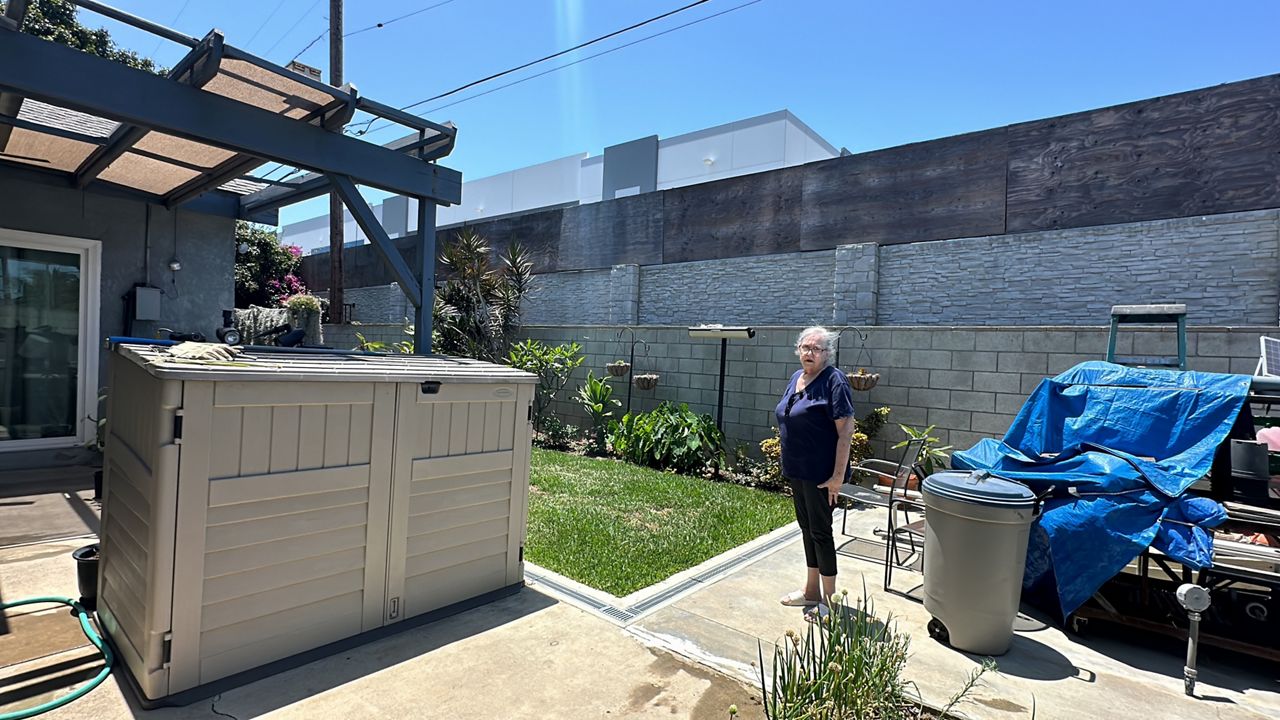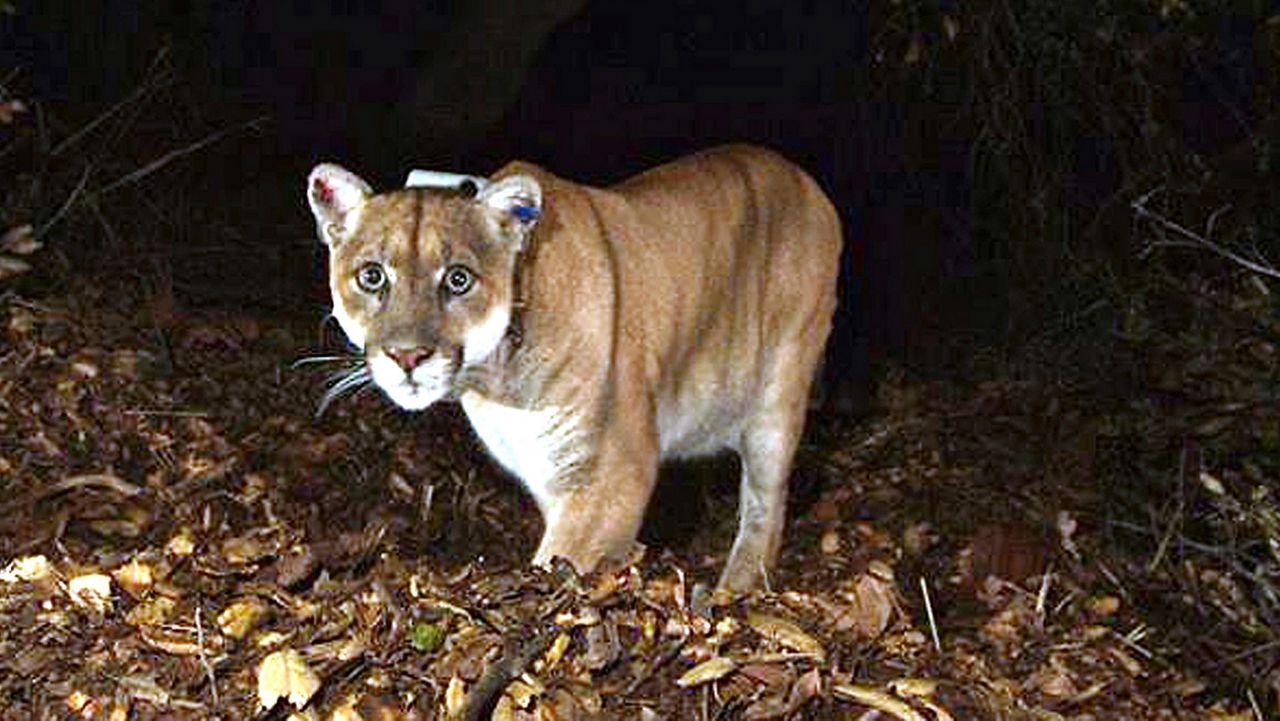LOS ANGELES — At 97 years old, Victor Jaramillo is said to be the oldest beekeeper in Los Angeles.
He is known in El Sereno as the "honey man" because he's been selling jars of honey from his hives that he harvests himself in front of his house for decades. Everyone in the neighborhood knows the image of Jaramillo sitting next to his jars of honey with his sister by his side. Local restaurants source their honey from Jaramillo, and families walk to his house for their monthly fill.
What You Need To Know
- Victor Jaramillo, 97, is said to be the oldest beekeeper in Los Angeles
- Jaramillo is known in El Sereno as the "honey man"
- The tradition of beekeeping in Jaramillo’s family goes back 300 years
- Jaramillo came to LA as a child in 1943
To Jaramillo, there is no life without bees.
"I love them because I was born with them," he said. "When I opened my eyes, the first thing I saw was the bees."
The tradition of beekeeping in Jaramillo's family goes back 300 years, all the way back to his great grandfather in Zacatecas, Mexico. Victor came to Los Angeles as a child in 1943, already a beekeeping expert since the age of 6, and he and his family continued the tradition in El Sereno. Despite his age today, Jaramillo still suits up and tends to his hives with the help of his son John, who will carry on the family beekeeping business.
"According to my dad, his father did it, then his father, and his grandfather too," Jaramillo explained.
But lately, Jaramillo said he has fewer jars to sell than usual because the bees are producing less honey than normal, and he said it's all because of the ongoing drought.
"The drought has affected my business a lot," he said. "There's not a lot of honey because there are not a lot of flowers."
And while Jaramillo is right, there's a little more to the story when it comes to bees and drought.
Urban beekeeper Paul Hekimian is one of the founders of Honey Love, a local nonprofit dedicated to inspiring and educating new urban beekeepers.
Hekimian pulled out one of the frames from his hives, which was dripping with bees and honey from the combs.
"See all that nectar?" he said.
And Hekimian added that our drought is indeed affecting bees — but not the urban garden variety, where people still water their yards. It's the feral colonies that live outside the city that are struggling.
"If you go over to, like, Topanga Canyon, out into the Valley, where it looks green but technically nothing's really blooming out there, so it is a little bit harder for bees to survive out there," Hekimian said. "I can always tell the difference between city bees and feral bees."
Feral bees are colonies that aren't being taken care of. They're wild and make their hives anywhere and everywhere, though we often don't notice them.
Without rain or watering, bees scale back on producing honey to conserve energy and struggle to keep their hives at the right temperature. Colonies that are too dehydrated could experience die-off.
But that's a problem because feral bees are just as important as urban bees. Our native plants wouldn't survive with just urban bees alone.
"We need feral bees because if not, we would be a very stark looking city," Hekimian said.
Back in Jaramillo's neighborhood in El Sereno, even though it's an urban area, he said people have scaled back on watering their yards because of the drought, which is why he has fewer jars of honey for sale than usual. Less water means fewer flowers in people's yards and less pollen that the bees can collect to aid in honey production.
But Jaramillo noted that he's extremely proud to be carrying on a 300-year-old family tradition no matter what.
"Yes, I'm very happy, and honestly, if God gave me another 300 years of life, I would still work with the bees," he said.









)

